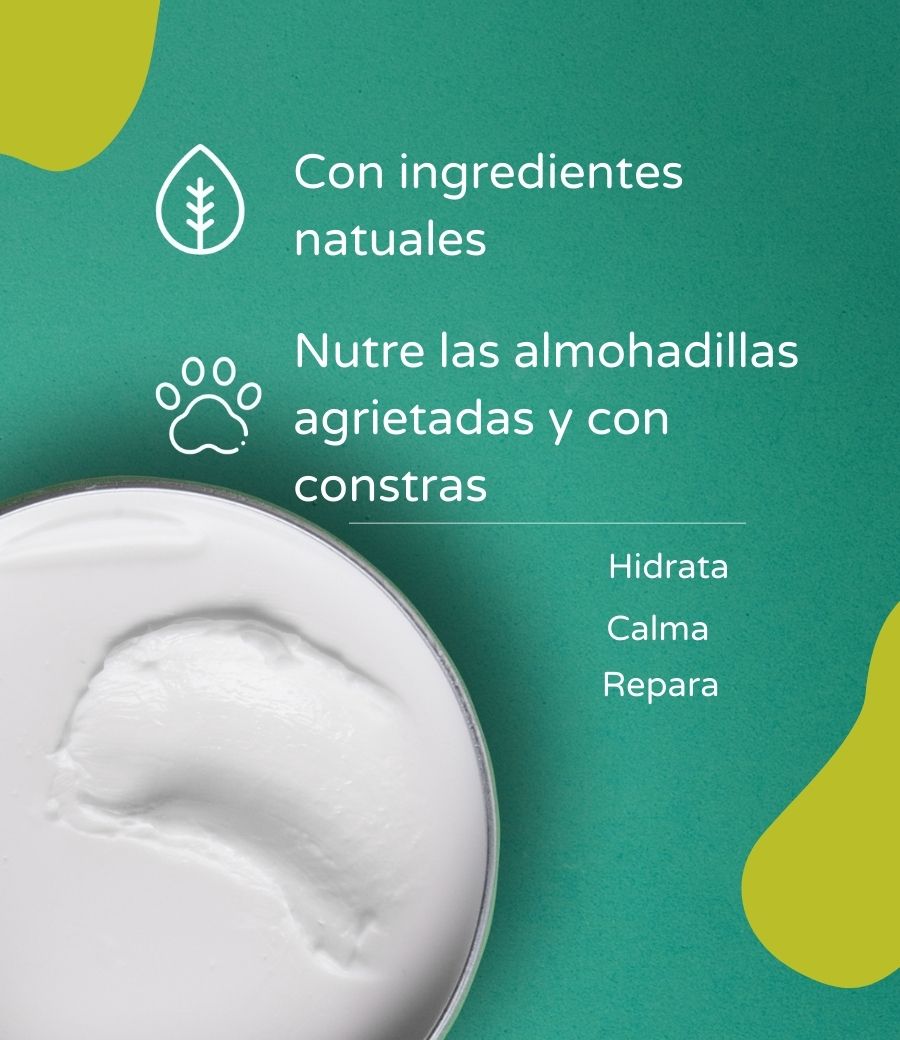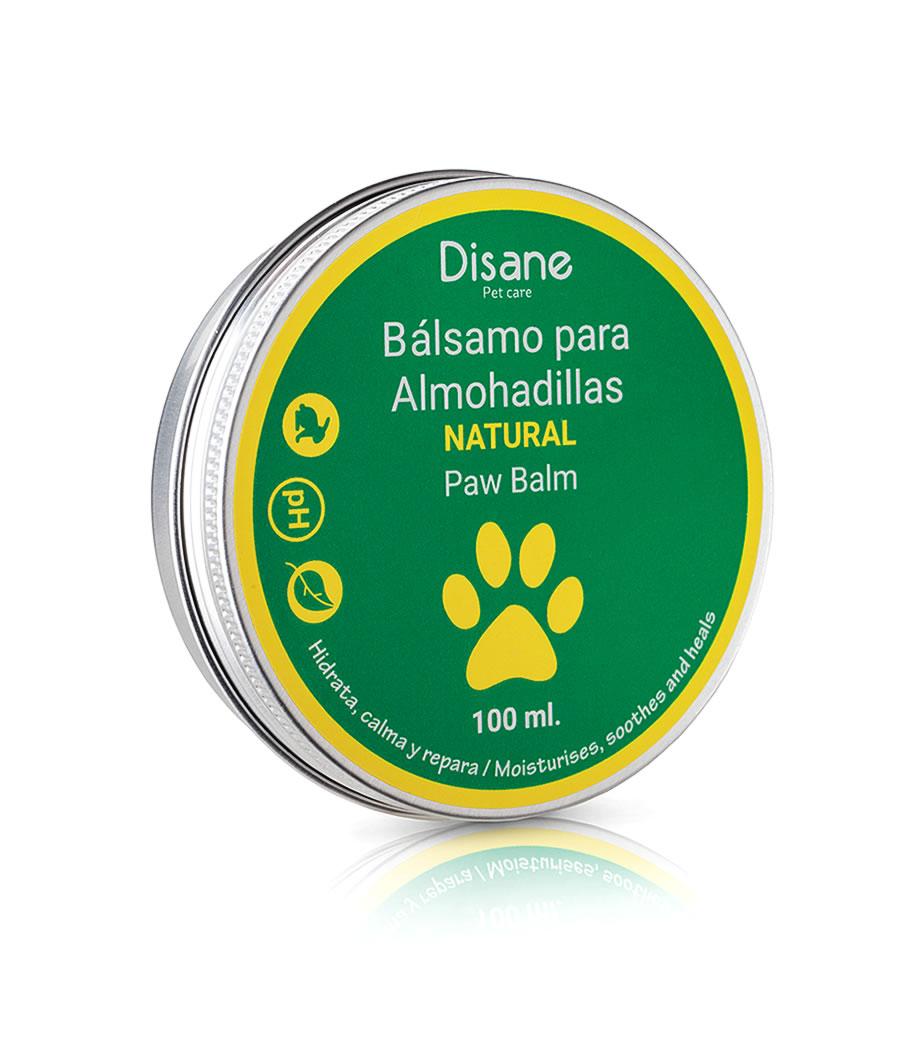
MAIKAI Crema Almohadillas Perros en Spray (125 ml) - Cicatrizante Protector Patas - Balsamo Nariz Perro - Hidrata y Repara Almohadillas y Trufa Agrietadas - Paw Balm Dogs : Amazon.es: Productos para mascotas

Limpiadog Crema hidratante para Perros y Gatos nutre repara y Protege Almohadillas y Nariz 100% Natural 60ml : Amazon.es: Productos para mascotas

MAIKAI Crema Almohadillas Perros en Spray (125 ml) - Cicatrizante Protector Patas - Balsamo Nariz Perro - Hidrata y Repara Almohadillas y Trufa Agrietadas - Paw Balm Dogs : Amazon.es: Productos para mascotas
























